One of my favourite moments reading a novel is when, perhaps only a few chapters in, you get the distinct feeling that you are in capable hands. You trust the author. The prose is exquisite. You feel heady. It’s a little like falling in love.
If the respective novel happens to be more than 400 pages long spanninag generations and offering a bonus history lesson, then this feels especially exciting. You are falling hard.
I fell for Pachinko this way. So too Elena Ferrante’s Neapolitan Novels and Rebecca Makaii’s The Great Believers. And now I can add Rachel Khong’s sophomore novel to the list.
You trust the author. The prose is exquisite. You feel heady. It’s a little like falling in love
A sweeping tale of three generations of one Chinese-American family, Real Americans, like the novelist’s debut, is about parents and their children.But whereas Goodbye, Vitamin (2019) was spare and wry and told from a singular narrator, Real Americans is an ambitious and tender multi-perspective epic. Stretching from Communist China in the 1960s to Silicon Valley in 2030, the novel explores themes of status, identity, belonging, the extraordinary extents people go to for the next generation, as well as choices, fate, secrets and mistakes.
Made up of three parts, the novel begins on the precipice of Y2K when two seemingly mismatched people fall in love: Lily, the child of Chinese immigrants, and Matthew, an East Coast pharmaceutical heir. Lily is working as an unpaid intern for a glossy media company, struggling to pay rent and to find meaning in her existence. It’s not quite the Great American Life her parents envisaged when they fled Mao’s cultural revolution.
Khong’s observations of parental love are always perceptive.
Part two fast forwards to 2021 when Lily is a single mother, and Nick, her 15-year-old son, is struggling to understand his identity. He looks nothing like his mother and has no contact with his father who is shrouded in mystery. Lily and Nick’s relationship is intensely close and dependent. Khong’s observations of parental love are always perceptive: “It wasn’t American,” Nick thinks at one point, “for his mother to love him as much as she did”.
Part three unfolds in 2030 and is narrated by Lily’s now elderly mother, Mei. With an extended flashback to her youth in Mao’s communist China surviving the brutality of the Red Guard era, this section expands the novel to something greater than the sum of its parts. Khong’s thoughts on identity (a delicate weaving of biology and socialisation that one has little control over, she seems to be suggesting) become crystallised here. And while the plot can become overly ambitious in this third part, it’s easy to overlook on account of the stylistic grace with which Khong ties her narrative together.
I hesitate to reference a Karl Marx quote, lest I turn you off and make you think this novel is hard work, but it’s this philosophical framework that the novel frequently nods to and which each character reckons with:
“Men make their own history, but they do not make it as they please; they do not make it under self-selected circumstances, but under circumstances existing already, given and transmitted from the past.”
This feels like a fancy way of describing preordained destiny, and it’s this idea, this knot—mixed with the privilege of choice, the value of time, and simple good luck—that Khong is trying to untangle. How does a person, in the context of their history and present circumstances, define their life? What hopes and dreams do they allow themselves? How would these differ if they were born into money? How far will they go to belong? And what, exactly, does it mean to be an American?
Elegant and entirely immersive, Real Americans has life’s biggest questions written into its pages that you just can’t help but keep turning.
Real Americans by Rachel Khong is publshed by Penguin and is out now
Want more stories like this? Sign up to PRIMER’s weekly newsletter




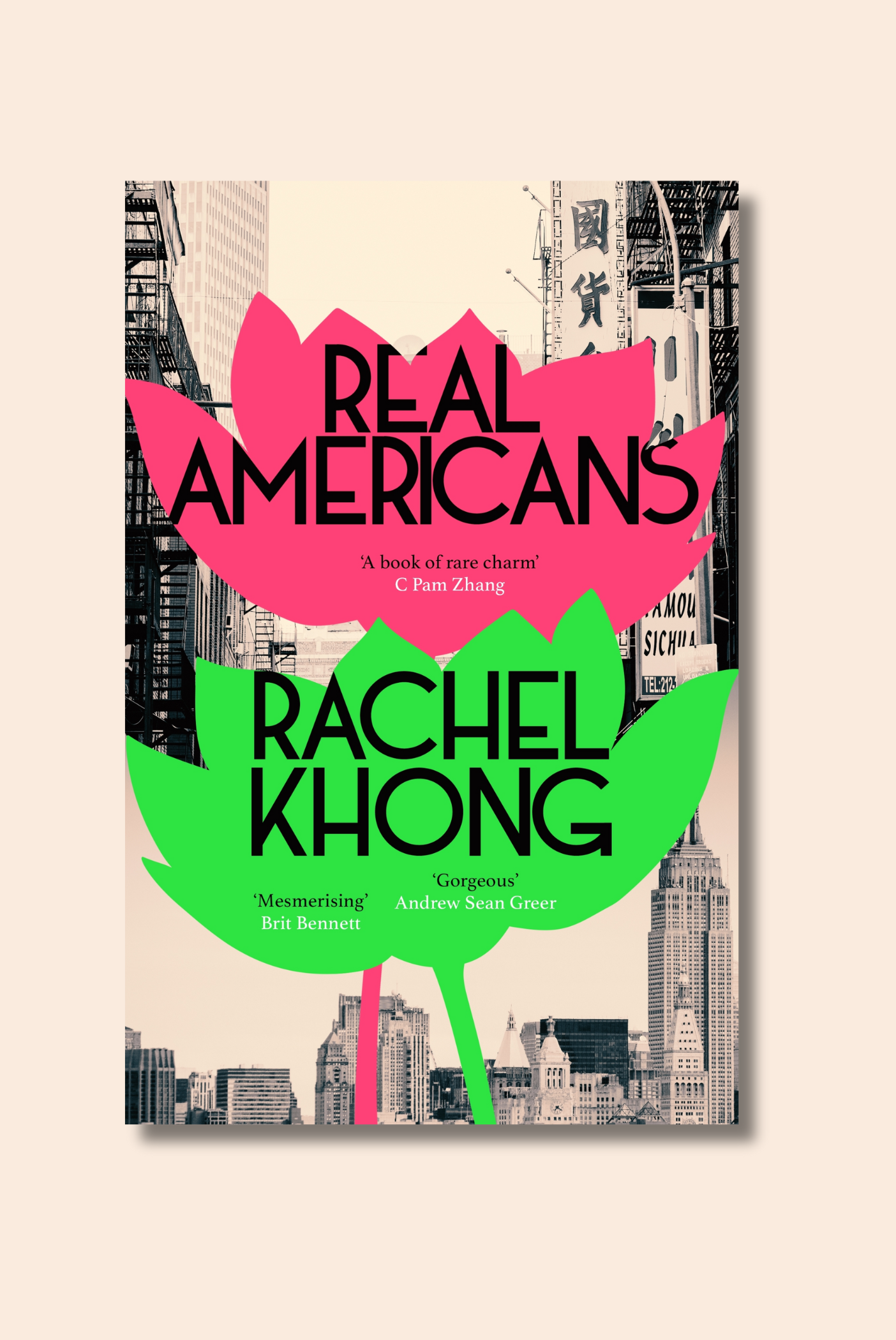
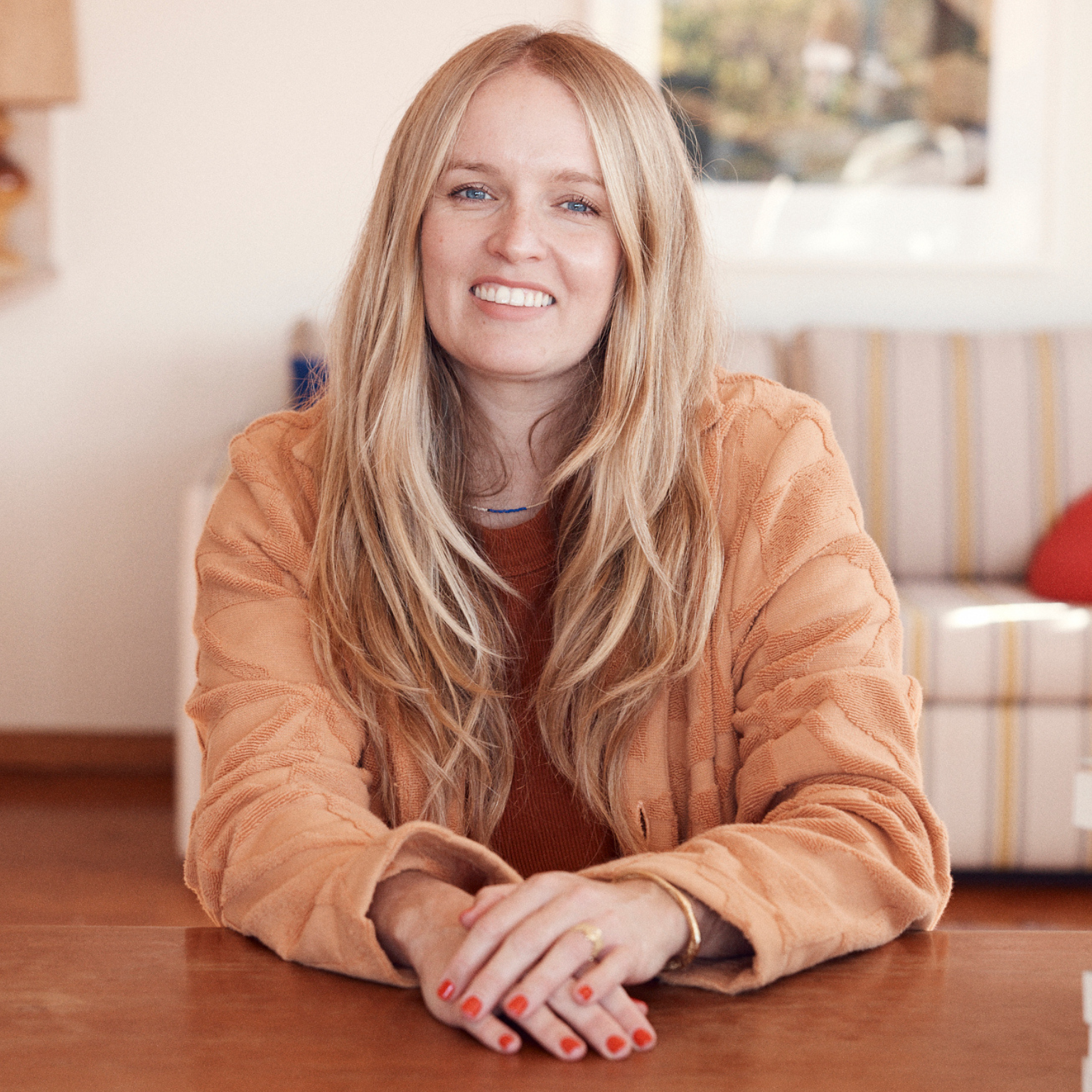


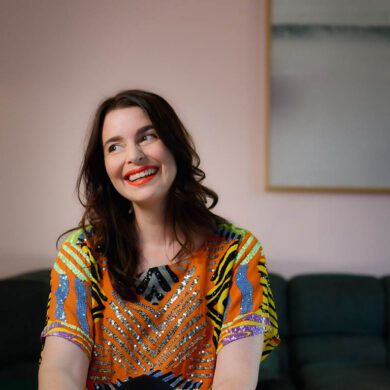
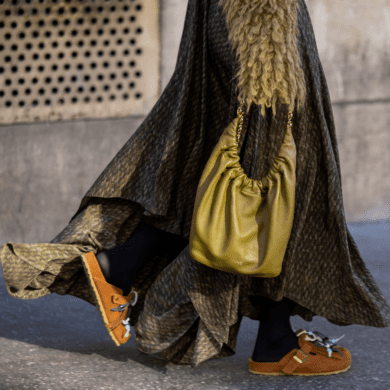
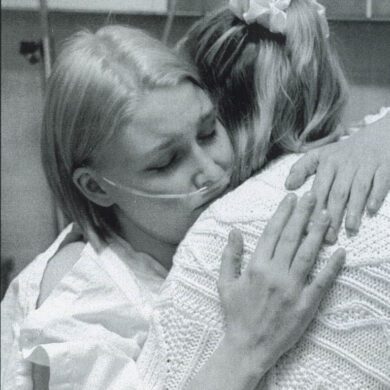

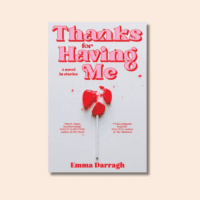
No Comments